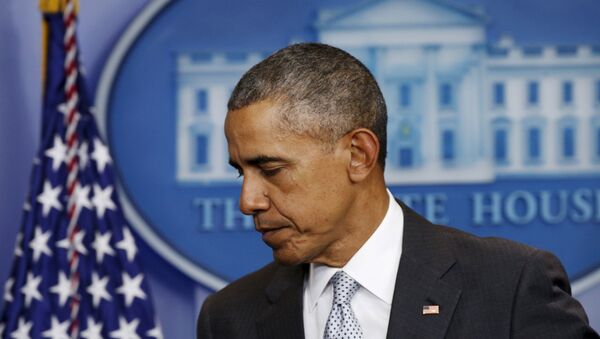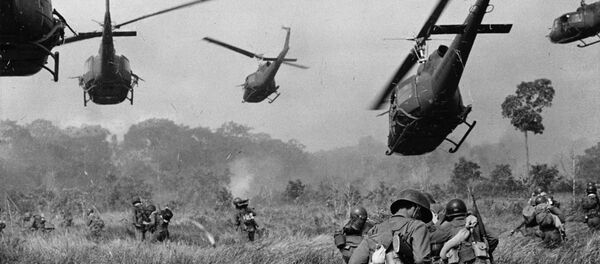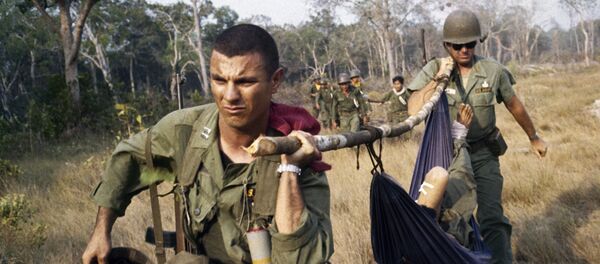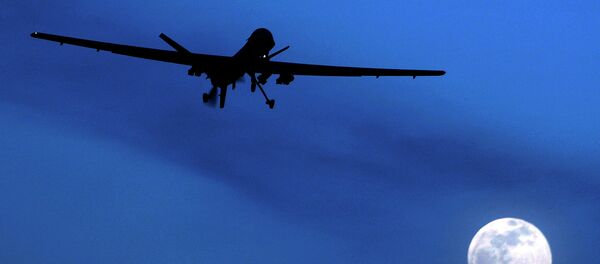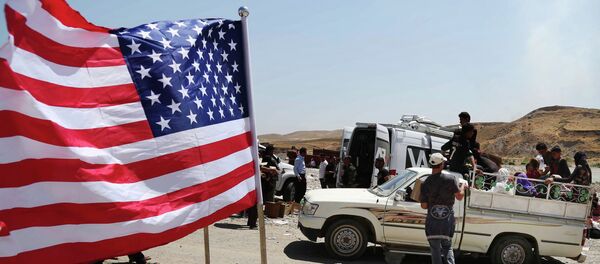A distinguished educator and political activist, Bill Ayers is a co-founder of the Weather Underground, a self-described communist revolutionary group active during the Vietnam War. During the 2008 presidential election, the Weather Underground’s radical activities became fuel for the right wing, desperate to derail the campaign of then-Senator Barack Obama.
"Fortunately, I’ve lived through not only many decades, but also many episodes of being notorious in the national media. It’s not pleasant, but I don’t take it that seriously," Ayers told Loud & Clear. "What was created was a cartoon character, it wasn’t me, and I never confused the two."
These brief interactions between Obama and Ayers were cited by both Republicans and Hillary Clinton during the Democratic primaries, even though the two men disagreed on most political issues.
"…Having a range of people you talk to should not be a liability or a sin, it should be a virtue," he says. "We never agreed politically. He always was who he said he was. That is, a moderate, middle-of-the-road, pragmatic, democratic politician. I’m not that, I’m not a Democrat. I’m a radical. I’m an independent radical and revolutionary.
"…We did know one another, and that’s not a sin."
The political differences between the two men are evident in Ayer’s current criticism of the Obama administration.
"I think we’re sliding down a very treacherous path," Ayers says, "and I think the Democratic Party is very much a part of that. It is a war party. The criminal activities of this administration are vast. Drone strikes, continuous war."
"We [the US] are the mother of the so-called Islamic State…the mother of that entity is the Iraq Invasion and the father is Saudi Arabia, which we just gave billions of dollars of aid to."
President Obama has also failed to heal the distrust created by the Bush administration’s invasion of Iraq, according to Ayers.
"When Obama came into power and immediately said he wouldn’t hold anyone accountable for the invasion of Iraq, we were doomed right then," Ayers says. "You can’t move beyond it if you can’t account for it."
Ayers points out that the American Left’s true focus should be on those political institutions with which it has actual power, not government bureaucracies that will never truly represent people.
"We spend way too much time, those of us who are on the left, looking longingly at the sites of power that we have no access to. That includes the White House, it includes that medieval auction block called the Congress," he says.
"If we spend too much time on that, then we ignore the sites of power that we have absolute access to. The workplace, the community, the street, the school, the church, the synagogue, the mosque. These are our sites of power, and rather than worry about ‘Will Obama save us?’ the only question is 'Could we have saved Obama?'"
Ayers describes in the interview some of his experiences with the Weather Underground and the Vietnam-era anti-war movement, and the use of tactics he describes as "extreme vandalism."
"What do you do if it’s your country carrying out this genocidal, criminal enterprise? What do you do?" Ayers said of the Vietnam War. "It was not terrorism…What we were doing was kind of extreme vandalism to try and draw alarm about this 6,000 people a week being murdered."
Ayers credits the activism of the 1960’s for the surge in current social movements, including Occupy Wall Street, Black Lives Matter, and even the candidacy of Democratic presidential hopeful Bernie Sanders.
"Whatever the 60’s was, it was prelude to what we’re seeing today, and it will be prelude to the much bigger changes that are coming."
He offers an enlightened view of the mainstream media in the United States.
"I expect the media to have a ho-hum reaction," he says with regard to media coverage of civil rights issues. "I think that we need to count not only on voices like yours [Sputnik], and Democracy Now, and Thom Hartmann…but we have to develop our own media."
"We make a mistake when we rely on the New York Times telling us how many people were at the demonstration or what we should do. That’s always a mistake. One of the things that’s exciting about this moment is how much independent media there is."

